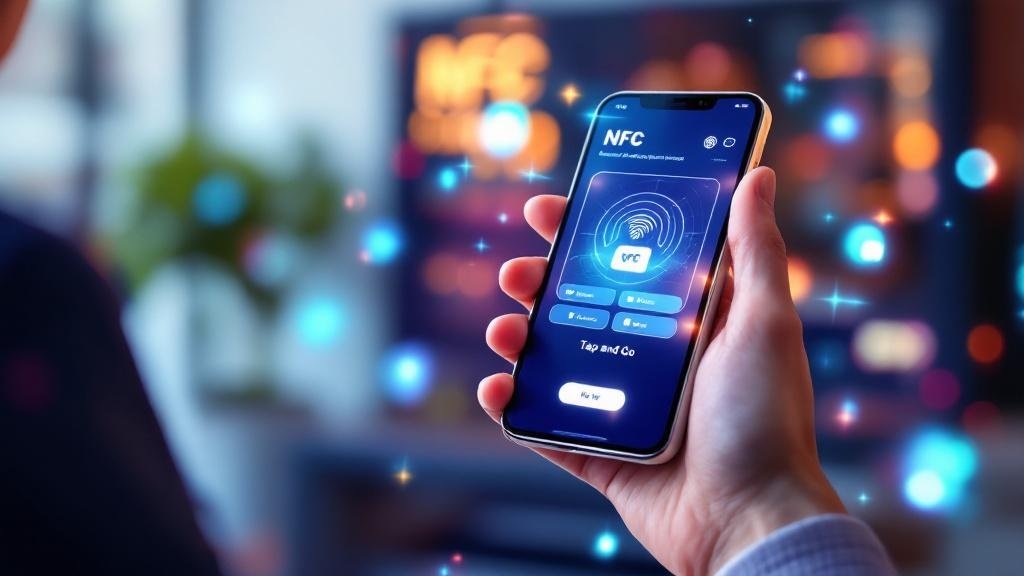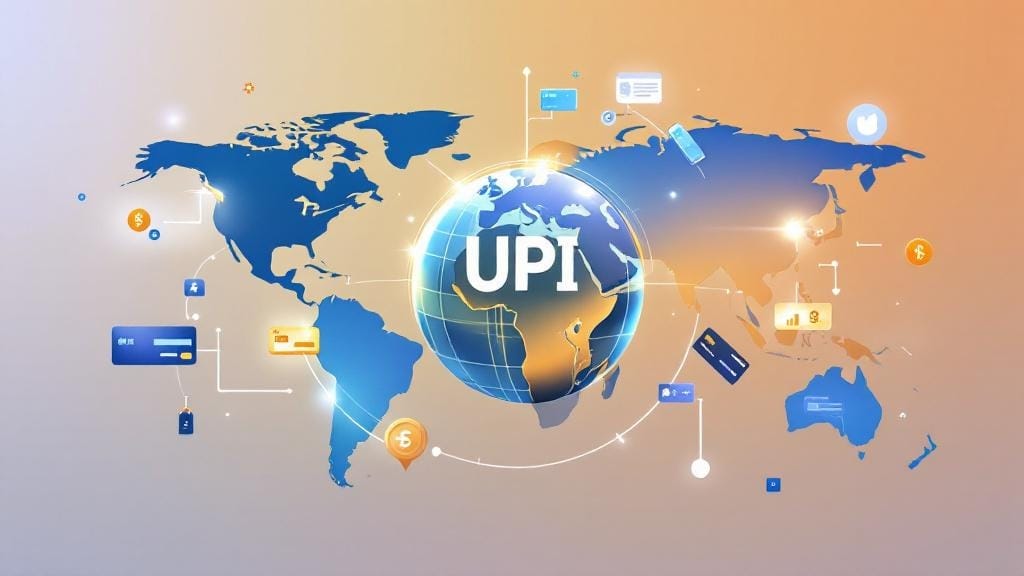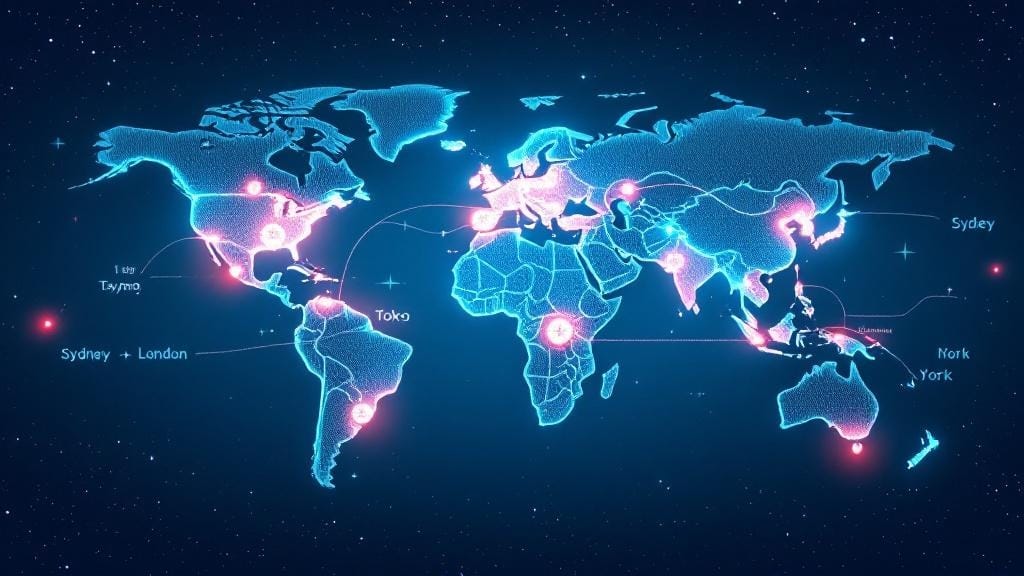Mobile banking has revolutionized the way we manage finances, offering convenience and flexibility that traditional banking services simply can’t match. With the rise of NFC (Near Field Communication) technology, mobile banking apps are now introducing smoother and faster transactions. In 2025, NFC payments in mobile banking have taken center stage, making it easier than ever to “Tap and Go” while paying for goods and services. But how exactly does NFC work in mobile banking, and how can you open a new account using these modern digital tools?
In this guide, we’ll walk through how NFC payments have evolved, what they mean for the future of mobile banking, and how to open a mobile bank account.
What is NFC and How Does It Relate to Mobile Banking?
Near Field Communication (NFC) is a technology that allows devices to communicate with each other by being in close proximity—usually within a few centimeters. When it comes to mobile banking, NFC enables secure, contactless payments using your smartphone. Mobile banking apps that integrate NFC technology allow users to link their bank accounts to their smartphones and make purchases simply by tapping their phone against a payment terminal.
But NFC isn’t just limited to payments. It’s also transforming how you set up a mobile banking account, sign up for services, and interact with your bank digitally.
How NFC Works in Mobile Banking
The process is simple and incredibly fast:
-
Open your mobile banking app and link it to your bank account.
-
Enable NFC payments within your app settings.
-
Tap your phone on an NFC-enabled payment terminal at checkout.
-
The terminal communicates with your phone, securely processing the payment.
With this technology, contactless payments are now faster and more secure. By the time you say “tap and go,” the transaction is often already complete.
Opening a New Account with Mobile Banking in 2025
Opening a new mobile bank account is easier than ever before. Gone are the days of waiting in long queues at the bank or filling out mountains of paperwork. In 2025, mobile banking sign-up and mobile account registration processes are entirely streamlined.
Steps to Open a New Bank Account via Mobile App
-
Download the Best Mobile Banking App for New Accounts
Start by selecting a mobile banking app. Whether you choose a major bank’s app or a new digital bank, the process is largely the same. -
Fill Out Personal Information
Enter your name, address, and identification details like your Aadhaar number (in India) or social security number (elsewhere). -
Verify Your Identity
Most banks require account verification for mobile banking, which can be done by uploading a photo of a valid ID and a selfie. Thanks to mobile banking authentication, this process is quick and secure. -
Set Up Security Features
Choose a user-friendly mobile banking interface and activate mobile banking security measures such as two-factor authentication (2FA). -
Deposit Initial Funds (if required)
Some accounts require an initial deposit, which can easily be done through mobile banking login process or linked financial apps for account opening. -
Complete Registration
Once everything is set up, you’ll receive an email or SMS confirming that your mobile banking account creation was successful.
The convenience of online banking benefits, such as no branch visits and 24/7 access, is a game-changer. Whether you’re opening a traditional bank account or a digital bank account, mobile banking apps offer a seamless experience that’s user-friendly and fast.
The Rise of Digital Banking Solutions: What’s Next?
As NFC technology matures, the future of digital banking solutions seems limitless. Here’s a glimpse at what’s coming next in mobile banking:
1. Enhanced Mobile Banking Features
Expect mobile banking features to get even more robust. Mobile banking apps will integrate more advanced technologies, such as AI-powered chatbots for customer support, predictive budgeting tools, and even integrated cryptocurrency wallets.
2. Increased Mobile Banking Security
As mobile banking continues to grow, mobile banking security measures will become even more sophisticated. Banks will implement cutting-edge security protocols like biometric authentication (fingerprint and facial recognition) and blockchain-based systems for even greater protection.
3. Smarter Account Management
Banks will enhance how you manage your finances. Automated savings plans, personalized financial advice based on transaction history, and real-time fraud detection will make managing your money through a mobile banking app easier and more secure.
Benefits of NFC Payments in Mobile Banking
The combination of NFC payments and mobile banking offers a multitude of benefits for consumers. These include:
1. Convenience
You no longer need to carry cash or physical cards. Simply tap your phone, and you’re done!
2. Speed
NFC payments are faster than traditional methods, especially for in-person transactions. It only takes a few seconds to process a payment.
3. Security
Mobile banking apps that use NFC are often more secure than traditional payment methods. With encrypted transactions and biometric authentication, you can rest assured that your information is safe.
4. Integration with Digital Wallets
In addition to bank accounts, NFC technology is integrated with popular digital wallet apps like Google Pay, Apple Pay, and Samsung Pay, making it easier to manage your payments and account details all in one place.
5. Reduced Physical Contact
In a post-pandemic world, contactless payments have become a go-to choice for consumers who want to avoid unnecessary physical contact at checkout.
How to Open an Account with Mobile Banking: A Step-by-Step Guide
Now that you understand how NFC payments are revolutionizing mobile banking, let’s dive deeper into how you can easily open a mobile bank account and enjoy all the benefits.
1. Download Your Mobile Banking App
Select a trusted app from your bank or opt for a digital bank account app. Many banks allow mobile banking sign-up directly via their apps.
2. Enter Personal Details
After launching the app, you will be prompted to enter your personal details such as name, address, and identification number.
3. Submit Your ID Verification
For mobile account registration, most apps require you to verify your identity. This can be done by uploading an ID photo and a selfie.
4. Choose Security Features
Set up a secure password or enable two-factor authentication (2FA) to protect your account.
5. Deposit Funds
Some apps will require an initial deposit to activate your account, while others may offer free account creation with zero deposit.
6. Start Banking
Once your account is set up, you’re ready to start banking through your mobile device. You can make NFC payments, transfer funds, and even invest—all from the palm of your hand.
FAQs About Opening a Mobile Bank Account and NFC Payments
1. How long does it take to open a mobile bank account?
Opening a mobile bank account typically takes anywhere from 5-10 minutes, depending on the app’s verification process.
2. Are NFC payments secure?
Yes, NFC payments are highly secure. They use encryption, and most apps also incorporate biometric or two-factor authentication for added security.
3. Can I open a bank account via mobile without visiting a branch?
Absolutely! One of the key advantages of mobile banking is that you can open a digital bank account from the comfort of your home.
4. What are the best mobile banking apps for new account creation?
Popular options include apps from established banks like ICICI, HDFC, and Axis Bank in India, as well as digital-only banks like Revolut and Monzo.
5. How do I ensure my mobile banking app is secure?
Make sure your app uses encryption, supports two-factor authentication, and provides biometric login options. Always update your app to the latest version.
6. Can I use NFC payments internationally?
Yes, many NFC-enabled mobile banking apps allow you to make payments internationally, provided the merchant accepts contactless payments.
7. What are the benefits of mobile banking features in 2025?
In 2025, mobile banking apps will offer even more personalization, faster payments, and better security, making managing your finances easier than ever.








Comments (0)